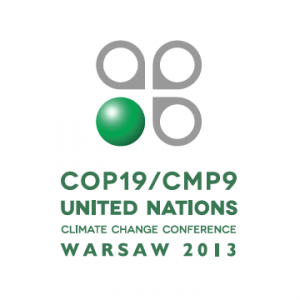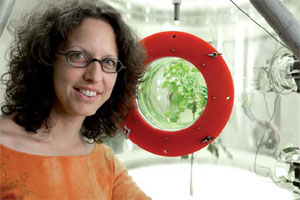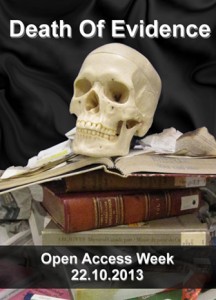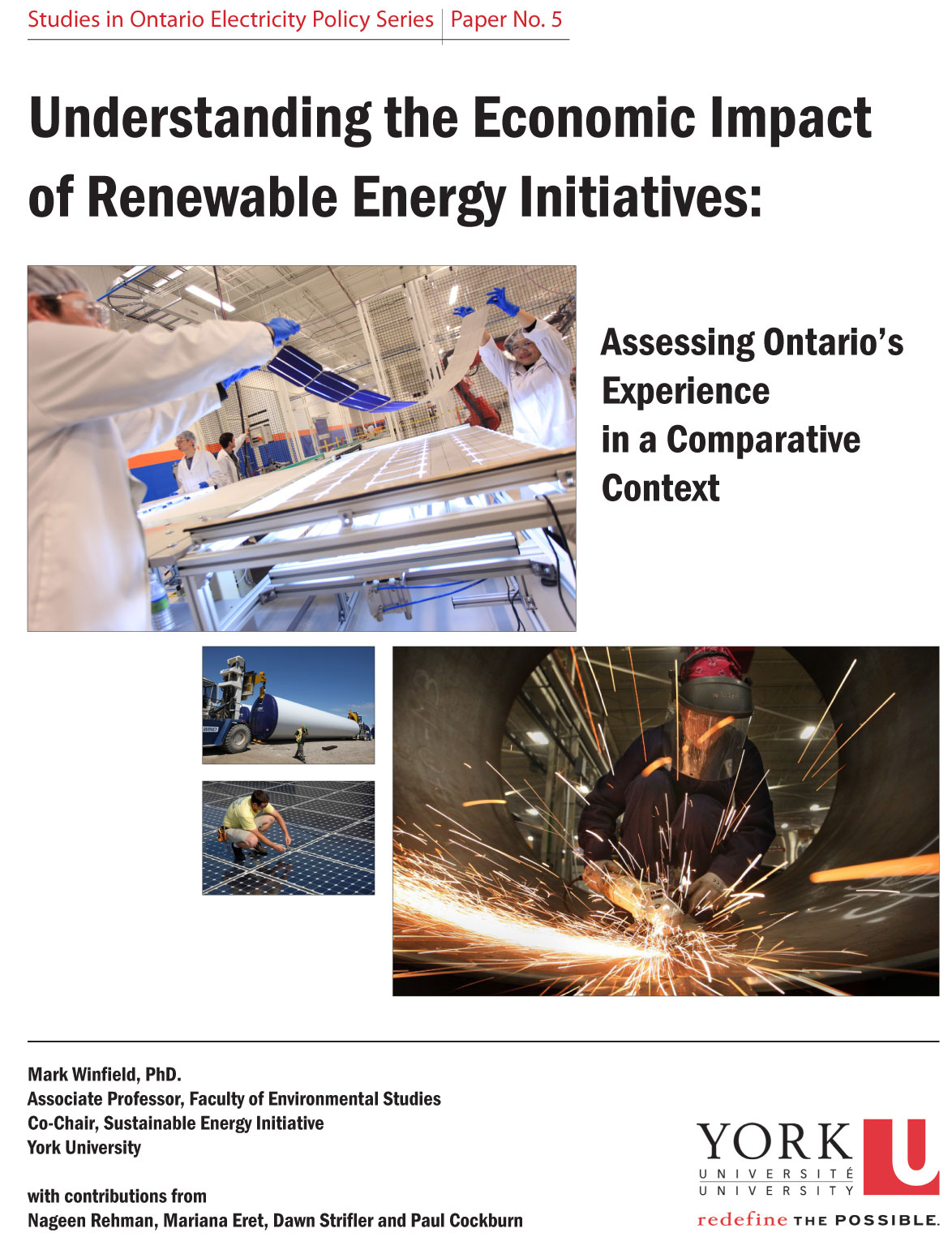Introduction
The fifteenth IASFM Conference will take place in Cartagena de Indias (Colombia), from the 14 to the 17 of July 2014, at the Centro de Formación de la Agencia de Cooperación Española AECID. This event will constitute a space for reflection around the arguable relationship between forced migration and peace. Thus, the context under which the venue was chosen to host the conference is not coincidental.
Colombia is the scenario in which two fundamental events have met; one from the past and the other belonging to future. The year 2014 commemorates the 30th anniversary of the signing of the Cartagena Declaration on Asylum Seekers, a regional initiative to confront the grave consequences of armed conflicts taking place in Mesoamérica, with the consequent spread of massive fluxes of refugees and internally displaced people all over the region. The Declaration was the final outcome of a common effort carried out by Governments, International Organizations and civil society whose main outcome was the crystallization of regional customary law on the widening of the limits of International Refugee Law. Likewise, it contributed to the progressive recognition of internally displaced as subjects of special protection. Finally, it was the starting point for the undertaking of several projects on humanitarian assistance and durable solutions, seen as central elements to peacebuilding.
Currently, the Colombian Government and the Colombian Revolutionary Armed Forces (FARC) are engaged in a peace negotiation process intended to end a 60-year-long armed conflict. Although one of the greatest tragedies of such phenomenon was the exodus of millions of people, it is a fact that a peace agreement between the Government and guerrillas will not mean the end of people’s displacement.
The intersection of these two events constitutes a unique moment for the assumption of several challenges associated with forced migration, and gives IASFM the opportunity to develop a deeper reflection on the complex relations between forced migration and peace, from a global perspective.
THEMES
With the purpose of assuming the rather complex and ample relations between forced migration and pace, the Conference will handle five dimensions:
1.- Peacebuilding and forced exodus: This dimension will address the need to include in the agenda of peaceful conflict resolution processes the management of internal displacement and refuge, as well as reparations to their victims. It will also examine the role of international actors in peacebuilding processes in relation to the management of forced migration through cooperation mechanisms similar to those that led to the Declaration of Cartagena. The participation of refugees and IDPs in peacebuilding processes, as well as in the design and implementation of public policy that can guarantee the right to return and ensure the sustainability of the process on the long term, will also take place during the conference.
2.- Justice and forced migration: This approach will evaluate the possibilities that national judicial systems and international courts have to guarantee the rights to truth, justice and reparation of those who have been forced to migrate. It will create a special space to reflect upon the challenges faced in this task of transitional justice; as well as for the search of new forms of reparation for IDPs and refugees through judicial decisions.
3.- Forced migration in the context of peace: Forced exodus is not only a product of armed conflict. In times of peace, different situations and actors generate processes of population expulsion which have not received the full attention from national and international authorities. Environmental migration and migratory movements caused by development projects are the first cases to come into mind, however, it should also include those related to the activities of gangs and criminals.
4.- Regional responses to the forced exodus. In the past there have been cases in which regional initiatives have successfully addressed problems that result from the dynamics of forced exodus in specific contexts, such as the case of the 1984 Cartagena Declaration, but also of the OAU Convention Governing Specific Aspects of Refugee Problems in Africa 1969 and the recent African Union Convention for the Protection and Assistance of Internally Displaced Persons in Africa 2009. Such efforts should not be overlooked. It is crucial to work on building dialogue between local and international actors to contribute in the formulation of proposals addressing refugee and displacement situations with a regional focus.
5. Durable solutions. The end of the armed conflict does not mean the end of the forced exodus, nor the return of victims to the places from which they were uprooted. It is necessary to look for alternatives to overcome the condition of vulnerability posed by forced exodus, alternatives that enable the restoration of the enjoyment of their rights, reinstitute their goods and lands they had been deprived of, and to establish the conditions necessary for them to regain their status as full citizens. The transition from humanitarian aid to development policies is essential.
Structure of Conference
The proposed conference seeks to create a space in which academic rigor engages with the compromises inherent in policy, as well as the challenges of practical work in the field. As such, while presentations of academic research will continue to provide the intellectual backbone of the conference, these will go hand in hand with round tables engaging policy makers and governmental stakeholders, as well as presentations and discussions around practical approaches to dealing with forced migration from a range of practitioners. Furthermore, the conference will draw on non-academic analyses, interpretations and representations of forced migration (e.g., portrayals of displacement using art & crafts, performances, fictional literature, etc.) in order to diversify the entry points into discussion of the major themes identified.
The conference will also become a forum for the development of a long overdue conversation. This is the dialogue that must take place between the actors of the global South. For this purpose, meeting places for academics, activists and policy makers in Latin America, Africa and Asia, will be established, in order to promote networking and the development of research agendas and joint work. The foregoing is without prejudice to the dialogue between the North and the Global South which will also be held throughout the event.
The conference will be held between the 14th and 17th of July. An expected 300 participants will go to four plenary sessions and participate in conference panels which will discuss papers that revolve around any of the five previously mentioned themes dealing with the relationship between forced migration and peace.
Submission of proposals for panels
We invite scholars, students, practitioners, policy makers, people working with forced migrants, displaced persons and refugees to propose panels made up of three or four papers on topics related to the five themes of the conference. Likewise, we invite the submission of proposals for panel discussions of ongoing research projects that have reached at least preliminary conclusions.
Please submit your abstracts online at this site: http://tinyurl.com/mobud4g. Proposals for panel and roundtable discussions of projects should include the following elements:
• Identification of the type of proposal: panel or roundtable
• Title of presentation
• Description of the topic and connection to one of the themes identified. If you are submitting on behalf of a panel, the titles and abstracts of your co-presenters must also be included in this section. Maximum 250 words per abstract summary.
• Panelists
• Thematic track of the conference that the panel belongs to.
Proposals may be submitted in English or Spanish. The deadline for submission is December 1, 2013. The papers presented during the conference are expected to be at least final drafts of texts to publish or broadcast. The panelists that are approved must send these texts to the conference organizers no later than June 15, 2014.
The best papers, taking into account their degree of creativity, innovation and contribution to the debate, will be considered for publication in scientific journals, regardless of the theme.
Financial support
Conference participants are responsible for their own expenses. Some financial assistance may be available to assist those who might be otherwise unable to attend the conference. Priority will be given to students, doctoral candidates, IDPs and refugees, as well as participants from the Global South. Financial assistance will generally only be available to individuals presenting at the conference. Details of this assistance will be posted on the IASFM website in November 2013. Further details about the conference and the online submission form can be found on the IASFM conference website:http://www.iasfmconference.org. Requests for further information can be made to the following email address: be.sanchez20@uniandes.edu.co ormmillard@yorku.ca.
 Professor Boran is attending the UNFCCC for a consecutive year after having attended the previous meeting in Doha, Qatar in December 2012. As part of her work on integrating problems of decision-making into a conception of an ethics of climate change policy, Professor Boran is planning to follow the negotiations as they unfold.
Professor Boran is attending the UNFCCC for a consecutive year after having attended the previous meeting in Doha, Qatar in December 2012. As part of her work on integrating problems of decision-making into a conception of an ethics of climate change policy, Professor Boran is planning to follow the negotiations as they unfold.



